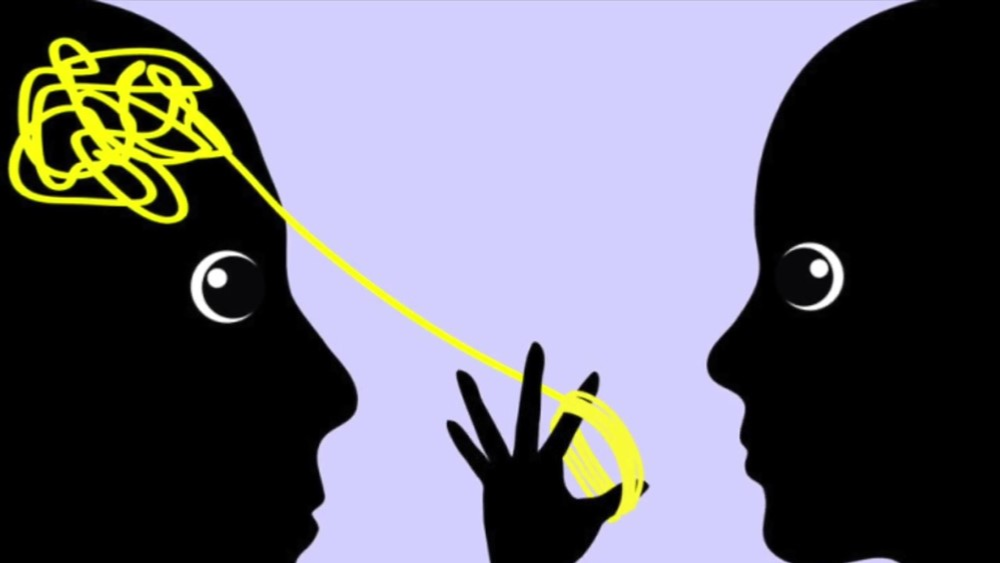Discover what gaslighting is, its signs, and how to overcome it. Empower yourself with knowledge to recognize and address emotional manipulation.
Table of Contents
Introduction
Gas-lighting is a term that has gained significant traction in recent years, often appearing in discussions about emotional abuse and mental health. This form of manipulation can leave deep psychological scars, making it essential to understand what gas-lighting is, how to recognize it, and ways to overcome its effects.
What is Gaslighting?

Gaslighting is a psychological manipulation tactic where one person attempts to make another doubt their perceptions, memories, or understanding of reality. The term originates from the 1938 play “Gas Light,” where a husband manipulates his wife into thinking she’s going insane by dimming the gas lights and denying he’s doing it.
Common Tactics of Gaslighting:
- Denial of Reality: The gaslighter will deny facts, even when presented with evidence, causing the victim to question their own memory and perception.
- Contradicting Statements: Frequent contradictions can create confusion and self-doubt. The victim may start to second-guess themselves.
- Isolation: Gaslighters often attempt to cut their victims off from friends and family, making it harder for them to seek support.
- Projection: The gaslighter may accuse the victim of their own wrongdoings, diverting attention away from their behavior.
- Diminishing Feelings: They may trivialize the victim’s emotions or experiences, making them feel overreactive or irrational.
Recognizing Gaslighting

Identifying gas-lighting can be challenging, especially when it occurs gradually over time. Here are some signs to look out for:
- Constant Self-Doubt: If you frequently find yourself questioning your own thoughts and feelings.
- Feeling Confused: A persistent sense of confusion about events or conversations.
- Withdrawing from Relationships: If you start to isolate yourself from friends or family because you feel ashamed or unsure.
- Feeling Like You’re “Walking on Eggshells”: A sense of anxiety around a particular person due to their unpredictable behavior.
How to Overcome Gaslighting

- Acknowledge Your Feelings: Recognize that your feelings are valid. It’s important to trust your emotions and experiences.
- Seek Support: Talk to trusted friends, family members, or mental health professionals who can provide an outside perspective.
- Document Your Experiences: Keeping a journal can help you track events and feelings, providing clarity and a record to refer back to.
- Establish Boundaries: Clearly communicate your boundaries to the gaslighter. If they refuse to respect them, consider distancing yourself from them.
- Educate Yourself: Understanding gas-lighting can empower you to recognize it in action and formulate a plan to address it.
- Consider Professional Help: A therapist can provide strategies to rebuild your self-esteem and reinforce your perception of reality.
Conclusion
Gas-lighting is a subtle yet damaging form of manipulation that can lead to long-term emotional harm. By understanding its tactics and recognizing its signs, individuals can take steps to protect themselves and reclaim their sense of reality. Remember, you are not alone, and seeking help is a strong and positive step toward healing.
Body Orientation in Body Language: What Your Position is Really Saying!
For Video Content: Check Our Youtube Channel
FAQ on Gaslighting
1. What is gaslighting?
Gas-lighting is a form of psychological manipulation in which one person attempts to make another doubt their perceptions, memories, or sanity. This often involves denying facts, contradicting statements, and manipulating information.
2. How do I know if I’m being gaslighted?
Signs of gas-lighting can include:
- Constant self-doubt
- Confusion about events or conversations
- Feeling like you’re “walking on eggshells”
- Withdrawing from relationships due to shame or uncertainty
3. What are common tactics used in gaslighting?
Common tactics include:
- Denying reality
- Contradicting statements
- Isolating the victim from support networks
- Projecting blame onto the victim
- Diminishing the victim’s feelings or experiences
4. Can gaslighting happen in any type of relationship?
Yes, gas-lighting can occur in various relationships, including romantic partnerships, friendships, family dynamics, and professional environments.
5. How can I protect myself from gaslighting?
To protect yourself, consider the following strategies:
- Trust your feelings and instincts
- Document your experiences and feelings
- Establish clear boundaries
- Seek support from trusted friends or family
- Consider professional help if needed
6. What should I do if I realize I’m being gaslighted?
If you recognize gaslighting:
- Validate your feelings and experiences
- Seek support from trusted individuals or professionals
- Document incidents to clarify your thoughts
- Consider distancing yourself from the gaslighter if possible
7. Is gaslighting a form of abuse?
Yes, gas-lighting is considered a form of emotional or psychological abuse and can have severe long-term effects on a person’s mental health.
8. Can therapy help someone who has experienced gaslighting?
Absolutely. Therapy can provide a safe space to process experiences, rebuild self-esteem, and develop coping strategies for the effects of gas-lighting.
9. How can I help someone who is being gaslighted?
To support someone experiencing gaslighting:
- Listen without judgment
- Validate their feelings and experiences
- Encourage them to seek additional support
- Offer assistance in documenting their experiences if they feel comfortable
10. What should I avoid saying to someone who may be experiencing gaslighting?
Avoid dismissive comments such as:
- “You’re overreacting.”
- “Just let it go.”
Instead, focus on listening and providing supportive, non-judgmental responses.
By: ArdanSharma


